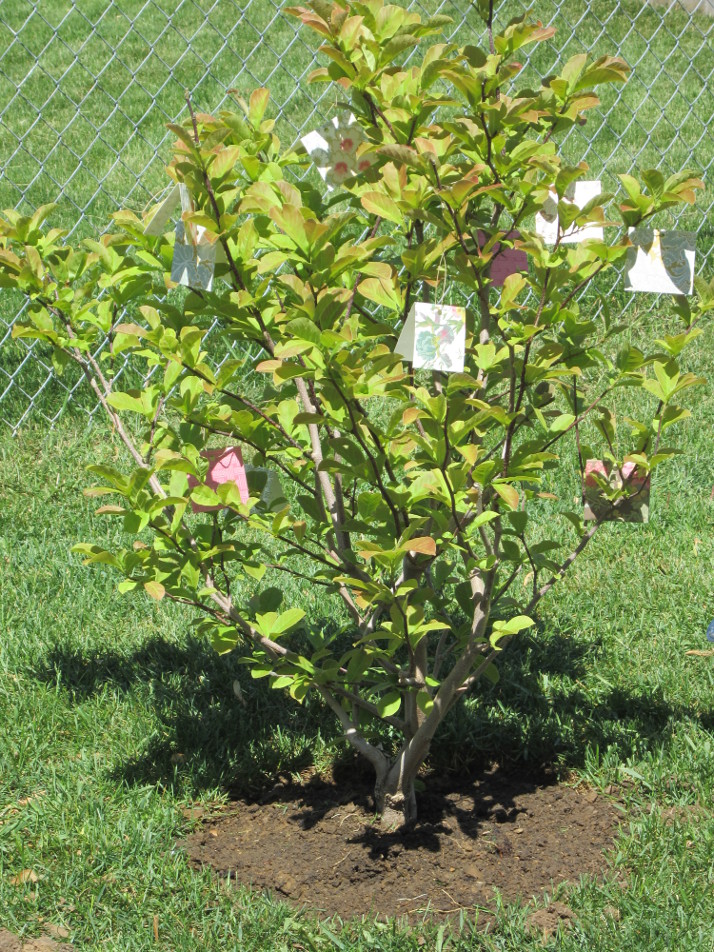Weddings are Still Weddings
Weddings are still weddings, but each is still unique, even in the time of COVID-19. Recently I performed three weddings in one day, making it easy to compare and contrast them. These were Vow Exchange ceremonies, shorter and simpler than full custom ceremonies, but each couple still made the experience uniquely their own.
So how were these ceremonies similar? All were planned within the last three months. This is common these days as the rules around gatherings continue to evolve and couples want to strike while they can. All three ceremonies were held outside on private land. We, luckily, had a beautiful fall day which simplified the gatherings. All of the ceremonies had smaller guest counts than they might have had during “normal” times, ranging from 14 to nearly 60 guests.
These three couples also demonstrated that weddings are still weddings with the ceremony choices they made. All had a processional moment (with or without music). All the brides were esorted into the ceremony space. All three couples chose the style of vows they were most comfortable with, and all of the ceremonies ended with a pronouncement and a kiss.
There were some differences between the weddings, too. Two of the weddings had attendants – bridesmaids and groomsmen, or at least a maid of honor and best man. One of the couples had multiple couples attending them, and opted for gowns and tuxes. The other weddings opted for more casual attire. Two couples included a ring exchange as part of the ceremony, but one did not. Only one couple setup chairs with a traditional aisle while another had guests sitting at tables. At the third wedding guests stood nearby while keeping some distance between them.
One thing – the most important thing – about each of these weddings is that at the end of the day each couple embarked on a new adventure together as a married couple. Our resilience as human beings was demonstrated by all three of these couples. They found a way to honor their love and commitment to each other, even during a pandemic. They proved that in this challenging year of 2020 weddings are still weddings and love finds a way.

